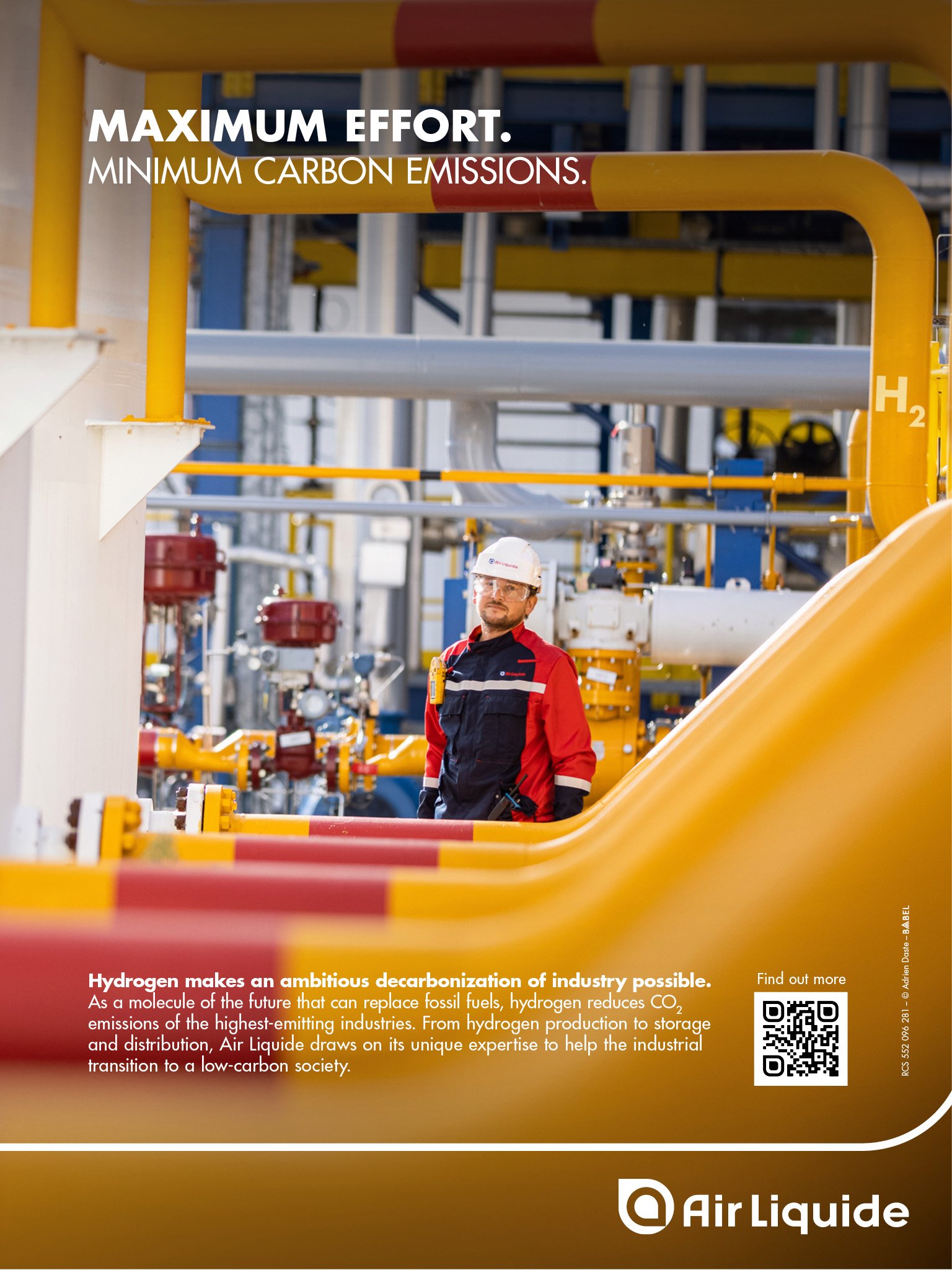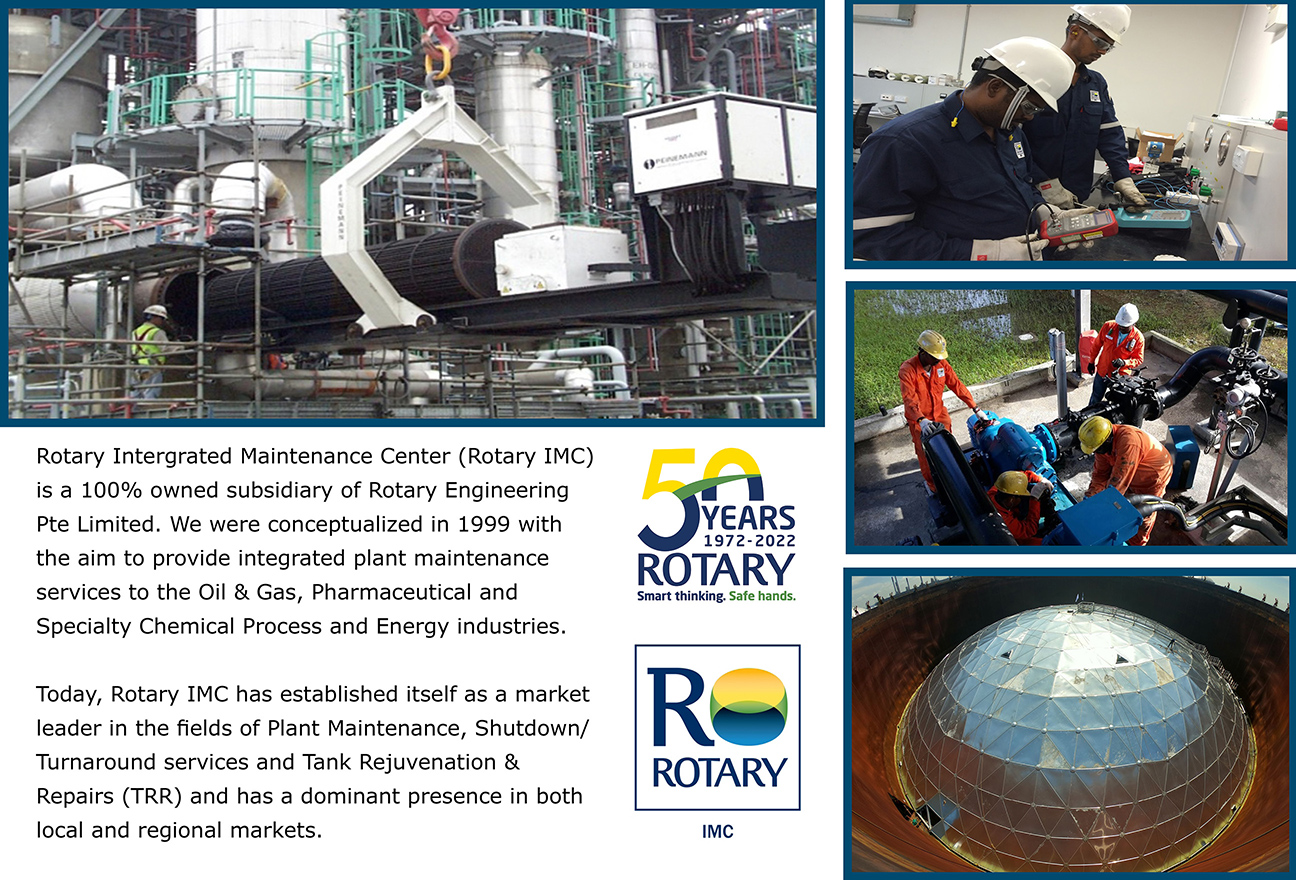Kenneth Lim’s transformative leadership mission began back in 1994, shortly after completing his MBA in International Business at the National University of Singapore. As he flicked through the pages of Principle-Centered Leadership by Stephen R Covey back in 1994, the ideas within struck a chord.
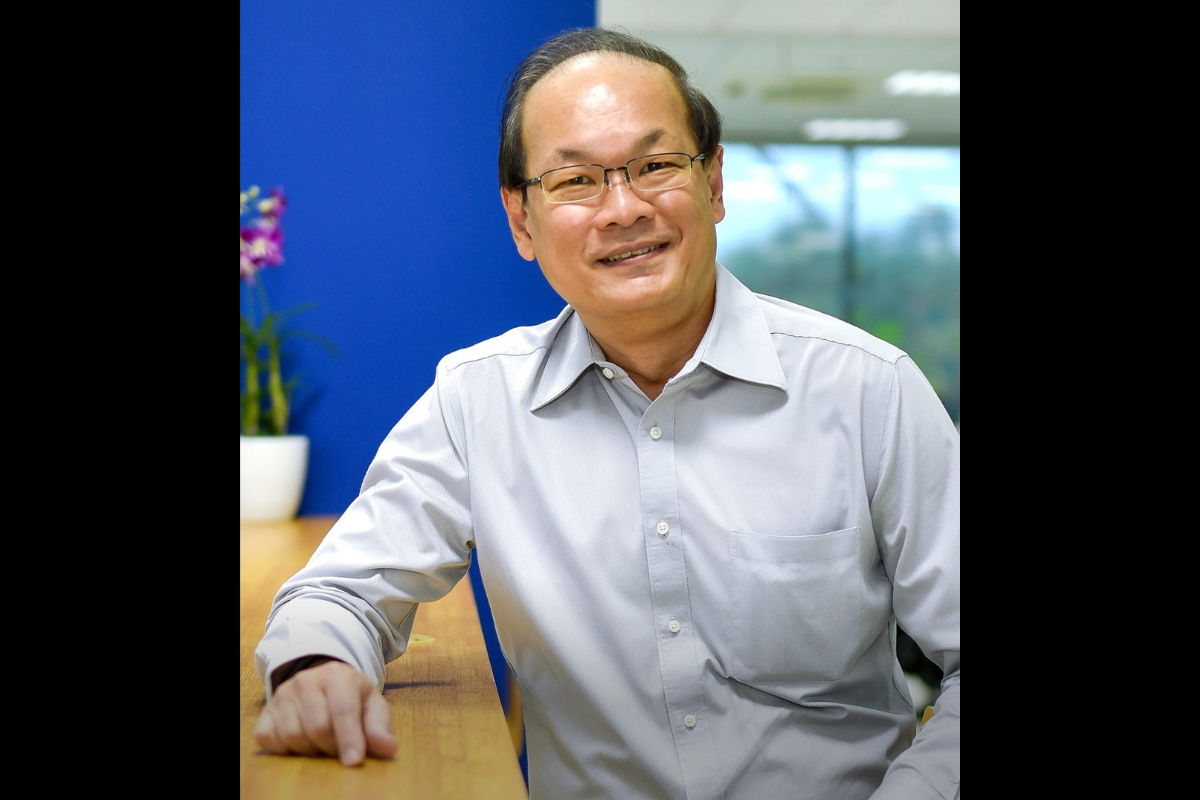
While elements drawn from this seminal tome came into play over the course of his career, working at companies including Tate & Lyle, his real chance to take the bull by the horns came almost seven years ago, when he was appointed Refinery Director and General Manager at renewable diesel and jet fuel producer Neste Singapore.
“It has always been my secret ambition, a personal and professional ambition, to build and lead a high trust workplace culture and workforce where there’s great teamwork,” Lim tells The CEO Magazine. “Then the opportunity came for me to head up Neste Singapore and to transform the culture within the team.”
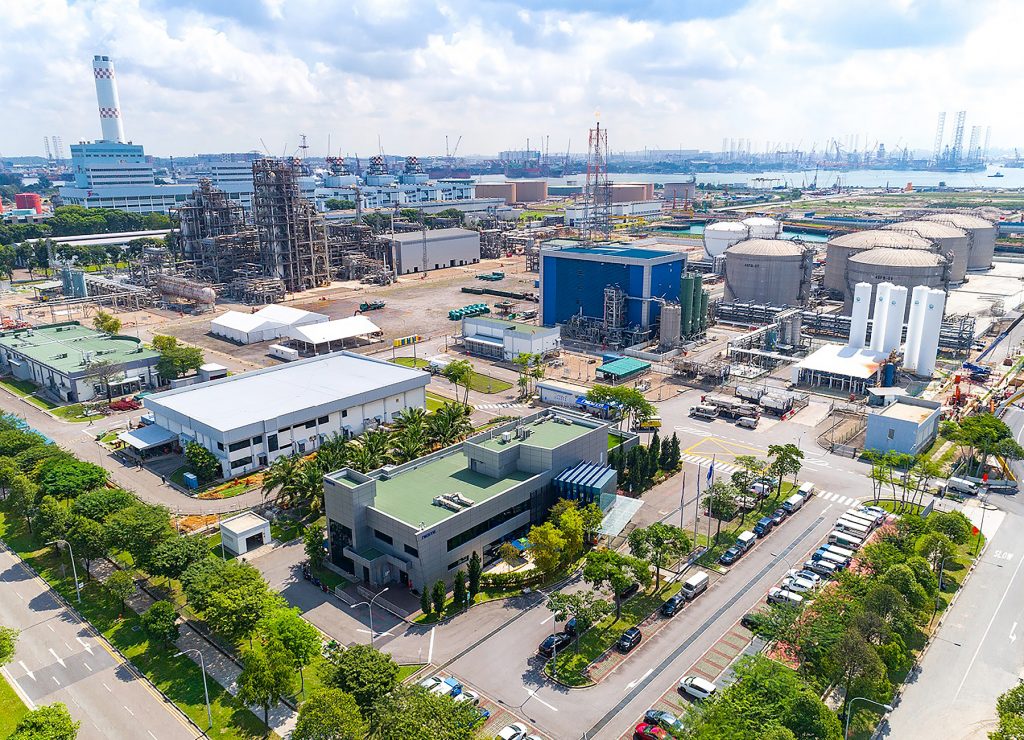
What you see now is a success story but that really started way back then.
Innovative evolution
Originally founded in Finland as an oil trading company in 1948, Neste has dramatically transformed itself. In the 74 years since, the company has added fossil fuel refineries, conducted mergers and acquisitions and then, in the mid-90s, it started to look at renewable energy.
“What you see now is a success story but that really started way back then.”
Under then-CEO Matti Lievonen, it started to experiment first with renewable diesel, but then oil prices tumbled and Neste’s share price took a similar fall. Despite this, the company decided to invest US$2.1 billion to build two new oil refineries – one in Singapore and the other in Rotterdam. “People were saying this could kill Neste forever,” Lim recalls. “But still they persisted.
“There was a huge drag on resources, but Neste did extremely well,” he says. “They managed to find around €100 million [US$106.8 million] in working capital and there was a lot of cost cutting going on. What you see now is a success story but that really started way back then.”
“That was many, many years before these sustainability issues came to the fore. So we were involved in the research and we were involved in the development of the standards as well.”
Neste is now the world’s leading producer of sustainable aviation fuel and renewable diesel, as well as renewable feedstock solutions for various polymers and chemicals industry uses. The company is also in the process of developing chemical recycling to fight plastic waste.
A grand plan
Although the company had been going through a tumultuous period before he joined, Lim saw its immense potential and, from day one, back in 2016, he set about putting his long-held ambitions into action. However, it wasn’t long until a new challenge presented itself – to expand the refinery.
“I was involved in a working team to look at the opportunities available globally before we decided to expand in Singapore,” he recalls. Then, at the end of 2018, the decision was made, creating an entirely new work agenda for him. “But in the back of my mind, I still wanted to change the culture, but I had to prioritize getting the work done,” he says.
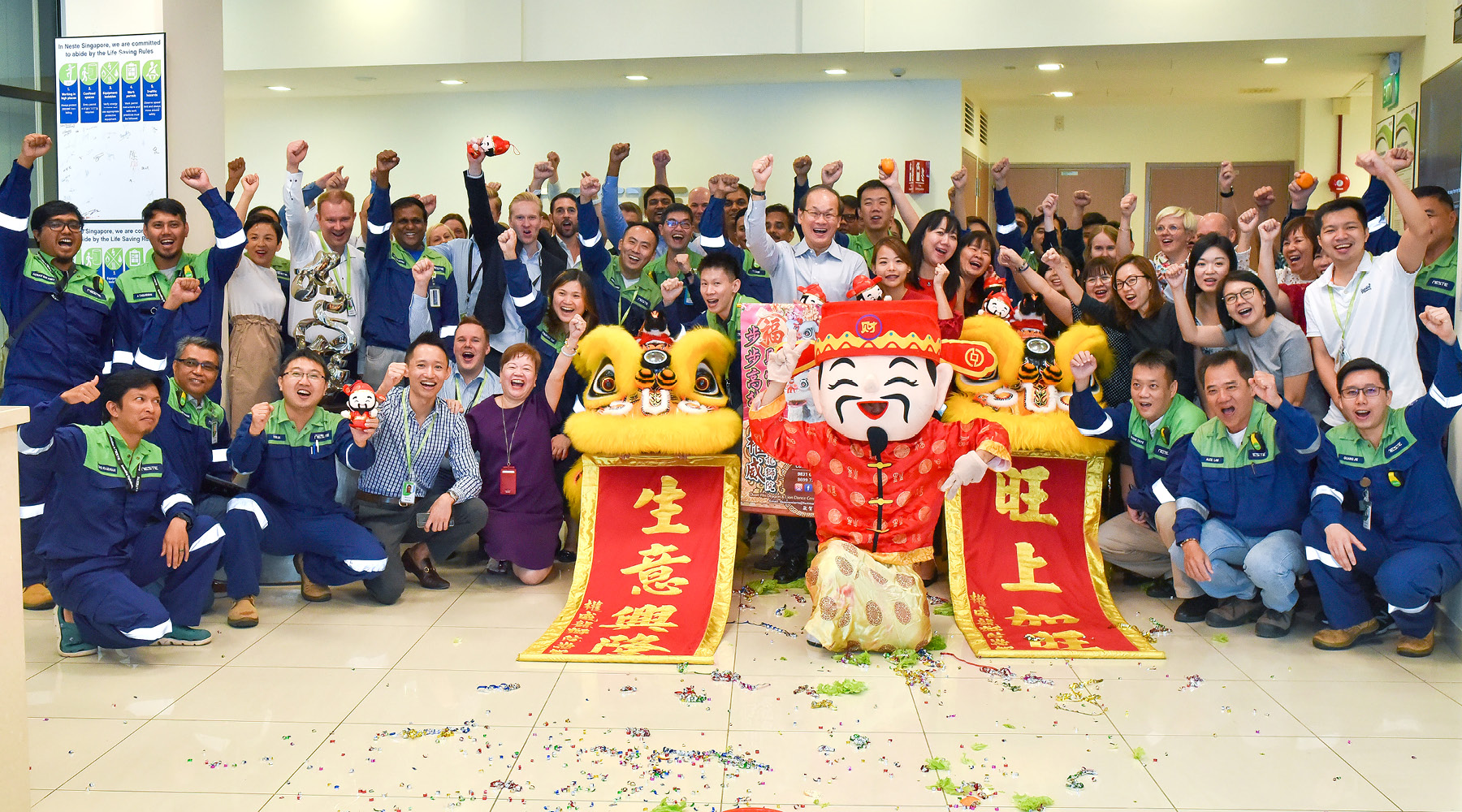
Right now I’m getting my team to really build that kind of culture that separates us from other industries in Singapore.
Now, with Neste Singapore in the final stages of the ambitious expansion project, with plans to go live in the first quarter of this year, his cultural transformation mission is returning to front of mind. But in those few years, it has become an even more gargantuan undertaking.
“Along the way, we have actually doubled the workforce from 120 to over 300,” he says. “So now, instead of trying to change the culture of 120 people, I’m now having to change the culture of 300 people.
“Half of this workforce came from different companies and industries, joining us during the pandemic, not really knowing our values, so it’s a huge challenge. Right now I’m getting my team to really build that kind of culture that separates us from other industries in Singapore.”
Workforce vision
With the pandemic drastically altering the way companies work across the board, Neste Singapore proved to be no exception.
“It has brought to the fore the importance of leadership and how a leader should foster and promote teamwork, collaboration and making sure that we care for our employees’ wellbeing,” Lim reflects. “I think going forward we need to prioritize and strengthen that leadership culture.”
Growing awareness of the brand and its values is the first step to instilling a dynamic culture, he says. His overarching aim is to distinguish the company from others in the industry, with Neste employees identifiable by three key common characteristics.
“The first is that we are all leaders – not by appointment, but by the way we seek clarity, take responsibility for our work and how we support, empower and collaborate with out colleagues,” he explains.
The second element is the idea of a ‘common purpose’. “I’m talking about Neste’s purpose, about creating a healthier planet for future generations,” he continues. “We are trying to look beyond our own interests towards a higher purpose.”
Then the third is its standing as a learning organization where “learning and sharing never stops”.
Getting the company culture to this point will take time, Lim admits.
“It takes patience,” he says. “We need to try to find alignment and that is more complicated in this age diverse workforce, where different generations see things differently. But we are going forward and hopefully in time we will have a critical mass of people coming on board and it will tip the balance.”
Making strides
Lim had already put the infrastructure in place to make the Singapore refinery totally digital when the expansion plans put the project on hold.
“We spent more than €2 million [US$2.1 million] creating the wireless network infrastructure for the main refinery and the plan was to have a road map of putting in all those wireless tools to allow us to have a digital refinery managed by a smart workforce,” he explains. Featuring the integration of data, the plans also included the reskilling and upskilling of Neste’s local workforce.
“For the next year or so we will be concentrating on really integrating the complicated refinery operations, optimizing all the processes and concurrently introducing some of the new digitization tools,” he says.
“Hopefully in the next three-to-five years, we’ll be the first fully digitalized refinery in Singapore.”
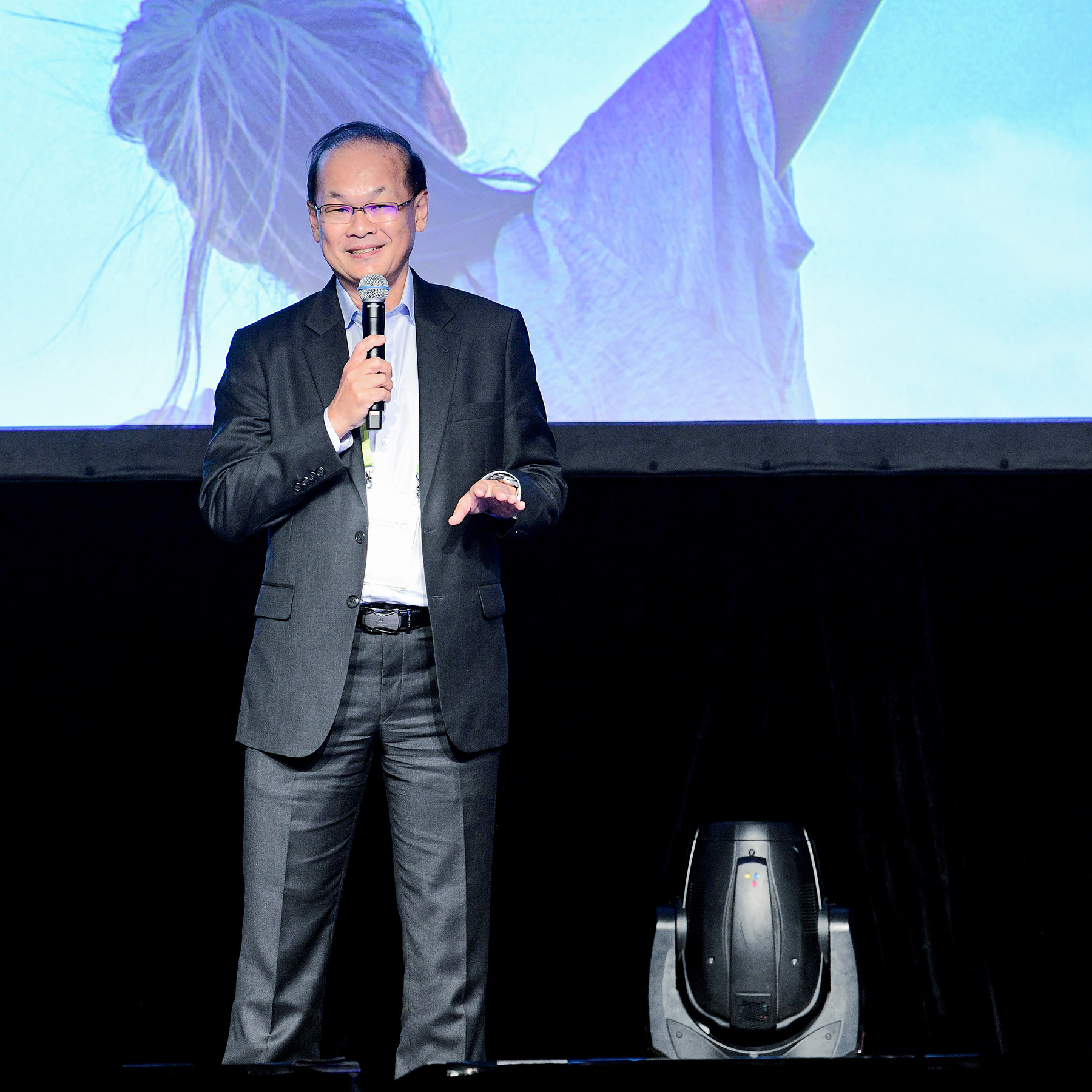
Neste has always been looking forward.
It’s not the only major undertaking on the cards. Back in 2019, Neste committed to reduce the greenhouse gas emissions of its customers by at least 20 million metric tons annually by 2030. It also pledged to slash emissions in its own production processes in order to reach carbon-neutral status by 2035.
“In 2019, our capacity was only able to reduce up to 20 million metric tons so to reach 20 in 12 years means we have to make a lot of investments and that’s exactly what you’ve seen us do,” Lim states.
“We expanded Singapore, we expanded Rotterdam, we have a joint venture in the United States – these are the things that we have done to live up to our ambitions and our commitments. Neste has always been looking forward.”
Just as Lim has been since those early days of his career. Now together, they look set to deliver.

